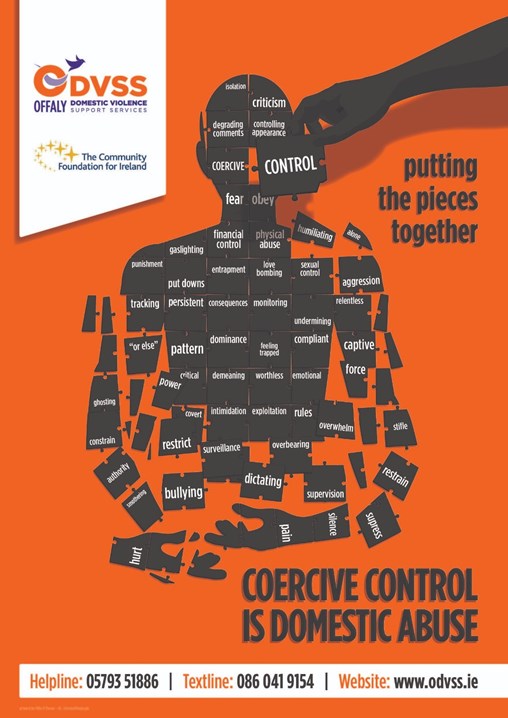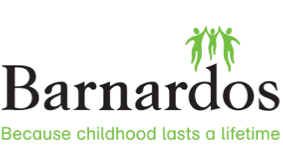Resources for supporting adults
The below is a list of websites, books and videos to help support the non offending parent:
COPE Galway Waterside House:
Developed a booklet in consultation with women on the COPE Galway Domestic Violence Service User Refuge Forum (SURF), who felt that a booklet outlining tips for mothers in this situation might be helpful. It is a result of listening to women in abusive situations who highlighted the parenting struggles and challenges they face after separating. The book is available on the cope Galway website and services can contact us directly if they would like a few hard copies.
Follow my lead
“Our team uses the Follow my Lead document as a basis from which we understand how best to support a child or woman victim of domestic violence. This tool helps us to understand that all victim’s experiences of violence and control are different and that they themselves know best how to navigate the violence in the safest ways. Only they know the inner workings of the risks and control they live under and how their abuser is likely to respond to any action they make in connecting with supports”.
Heart mind and body
We want to provide you and your children with the opportunity to check in with your Heart, Body and Mind regularly. There are lots of fun activities linked to keep your child engaged, and activities that the family can do together. It is also important that you as the parent takes care of yourself. The Wellbeing for Parents section, provides tips on how to check in and be kind to yourself.
Understanding Coercive control tools:
Download poster and leaflet ODVSS poster / Safe Ireland leaflet

How to be an ally to a loved one experiencing domestic violence:
This book is for friends and family who know a loved one experiencing domestic violence and coercive control and would like to know how best to support them. It is also for friends and family who have concerns about a loved one, but who aren’t sure whether abuse is happening. Safe and Together Institute
Womens Aid UK 2019: Supporting women and babies after domestic violence and abuse
Together with Sterling University, Women’s Aid have created a toolkit designed for women working in specialist services, who are working with pregnant women and women with very young children.
Supporting vulnerable babies and young children: Wendy Bunston and Sarah Jones.
The diverse challenges that clinicians and children’s workers tasked with safeguarding babies and young children face are complex, and this unique book looks at effective, practice-based and evidence-informed approaches to working across a wide range of issues.
It outlines relevant theory and good practice, gathering case examples from around the world to illustrate what interventions look like in direct practice. Leading contributors address a wide range of challenges, including babies and very young children who have a serious illness, have complex diagnoses, or have been exposed to violence or adversity in early childhood.
Supporting Traveller women:
To support Traveller women, Pavee Point’s Violence Against Women Programme is launching a leaflet and video giving Traveller women clear information on Safety and Barring Orders and the steps to take to get one. This informationn leafet is Traveller specific and was developed through working with Traveller Women’s Awareness Workers in Dublin, Cork, Wicklow and Carlow.
Impact of domestic violence and abuse on mothering and children
Supporting the male victim
- Men’s Aid
Helpline 01-5543811
[email protected]
Download toolkit - Offaly domestic violence service
Helpline 057 93 51886 and 086 0419154 - Oss Cork:
Freephone helpline 1800 497 497 - Dublin Safer Families Service
- Men’s Network deliver a Tusla funded National Male Advice Line for male victims of domestic violence and abuse.
Engaging the Parent who chooses to abuse:
- From The Office of Children and Family Services, New York state:
- Choose to change: A GUIDE FOR MEN, A process to help men who choose violence to develop a support network to interrupt their violence and increase safety for other family members. From safe and together institute
- White paper on How domestic violence Perpetrators Manipulate Systems. Why systems and professionals are so vulnerable and five steps to perpetrator proof your system – developed by the Safe and Together Institute
Resource and website
Technology facilitated abuse
https://www.techsafety.org/resources-survivors
